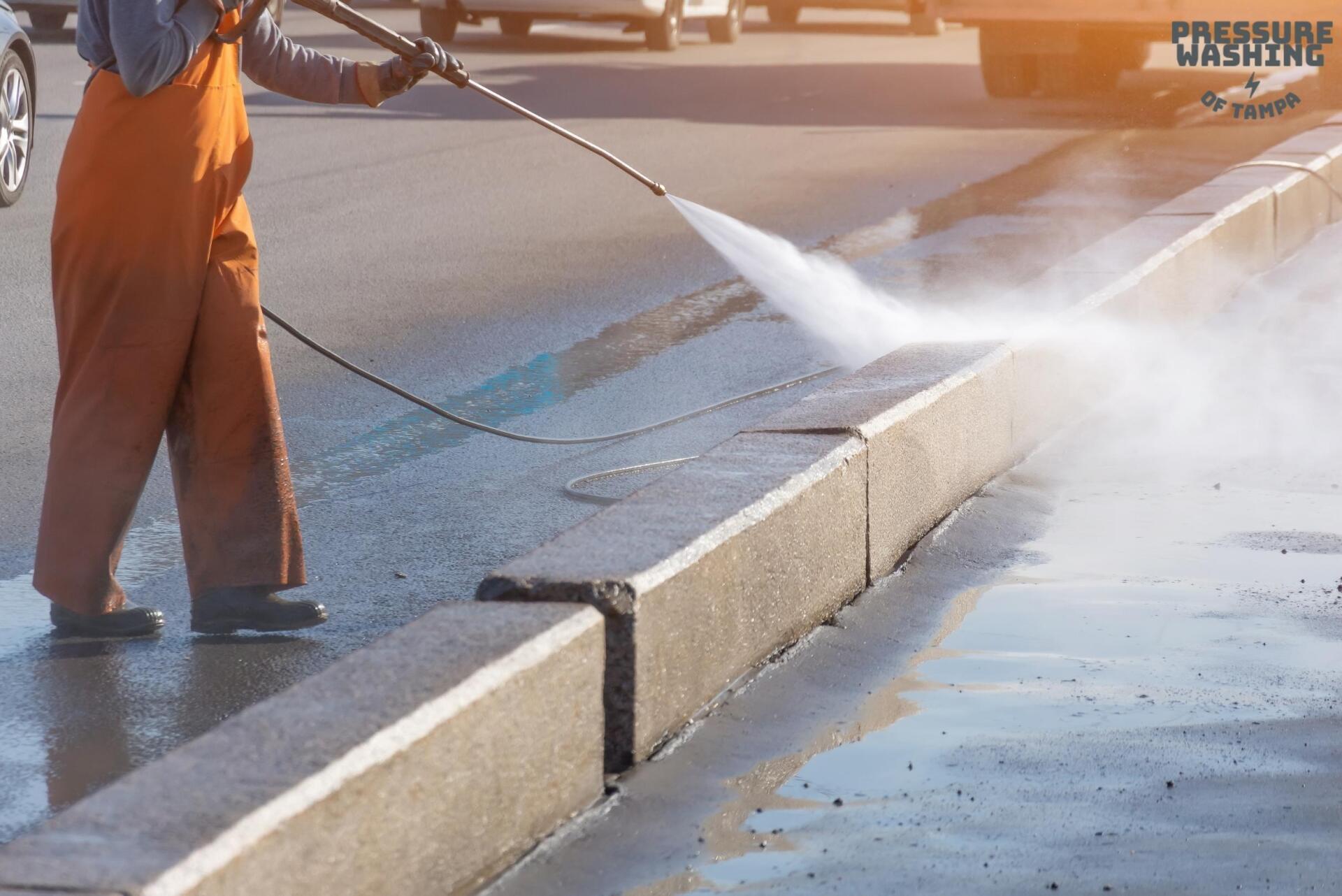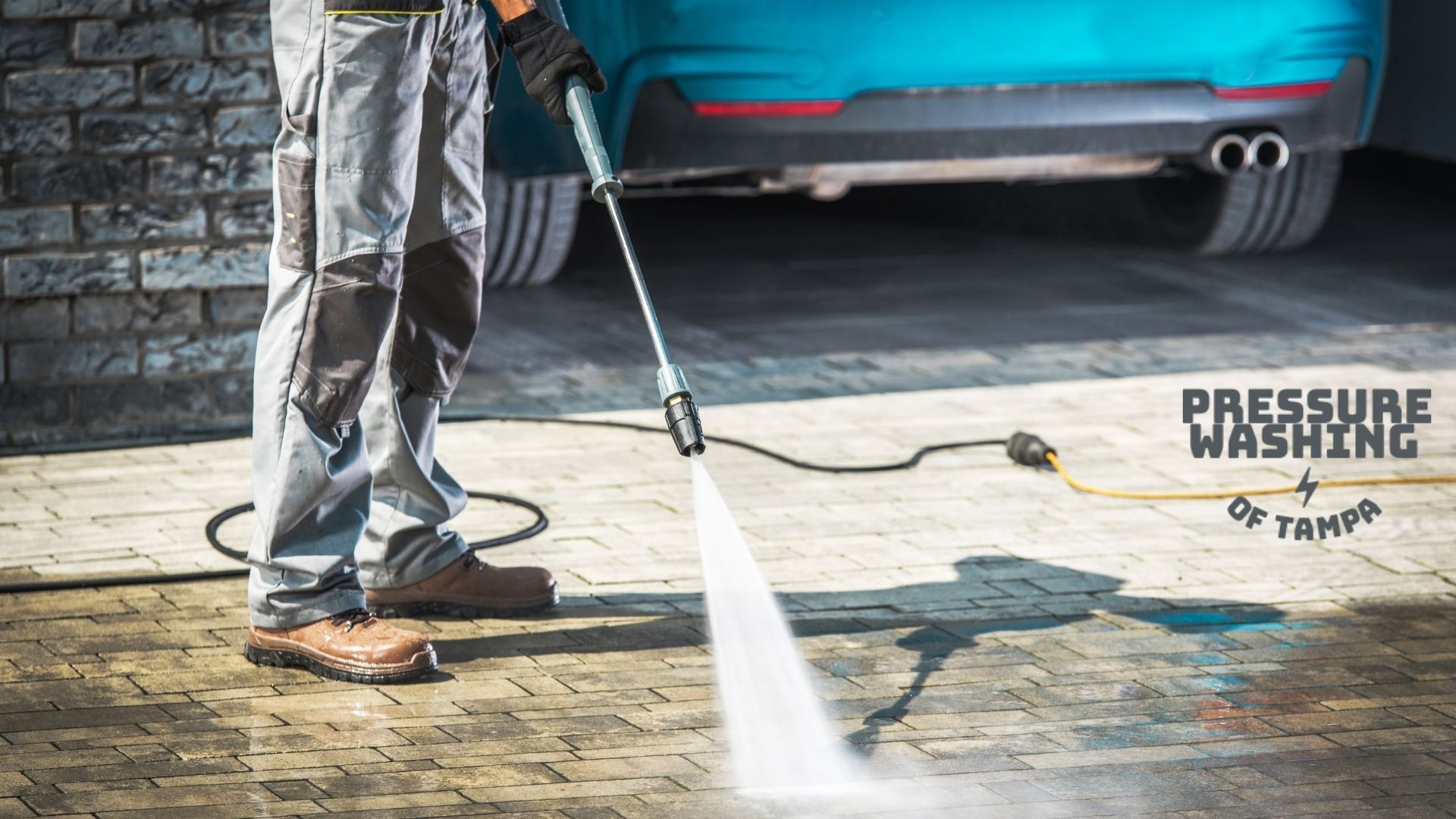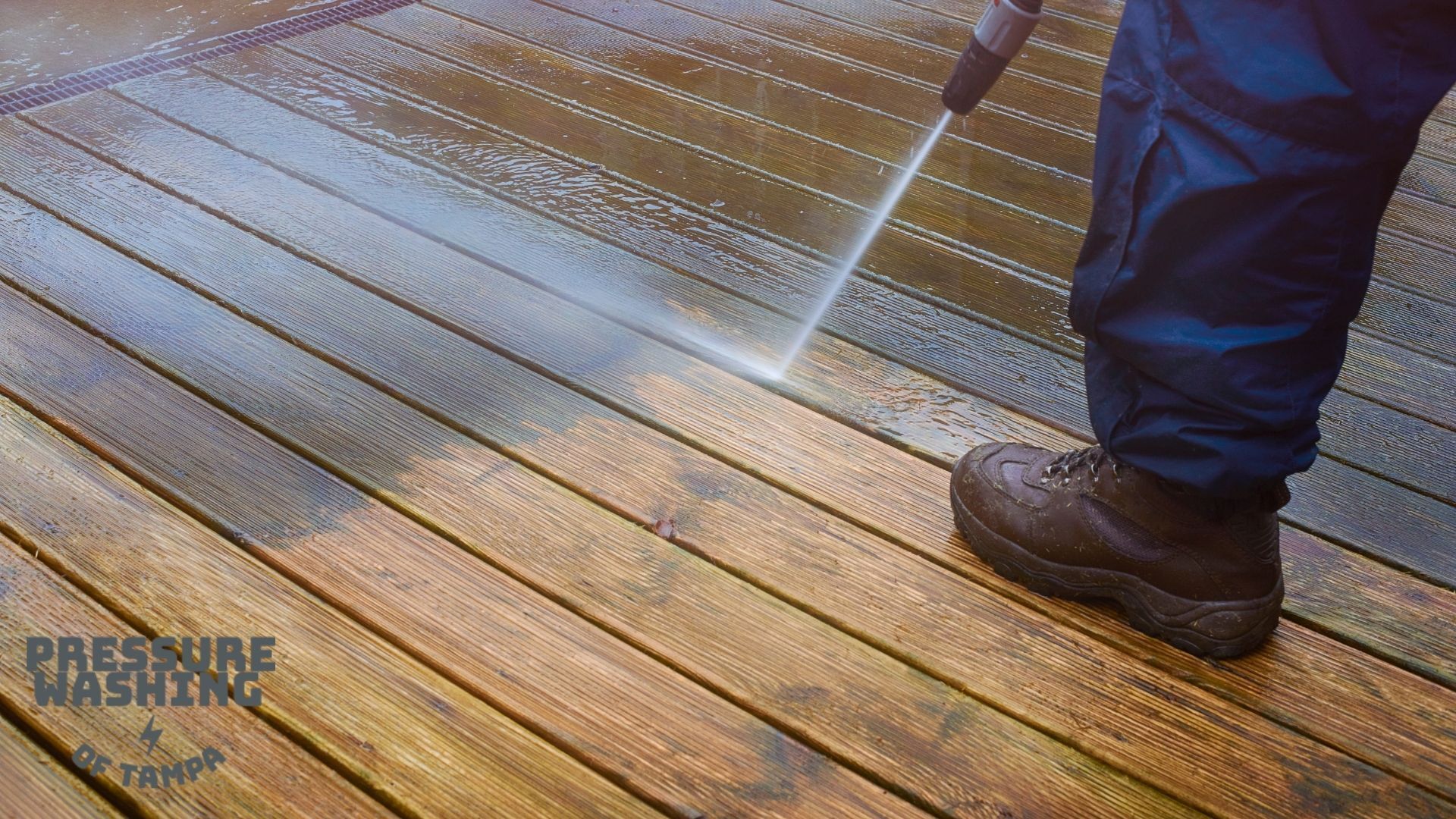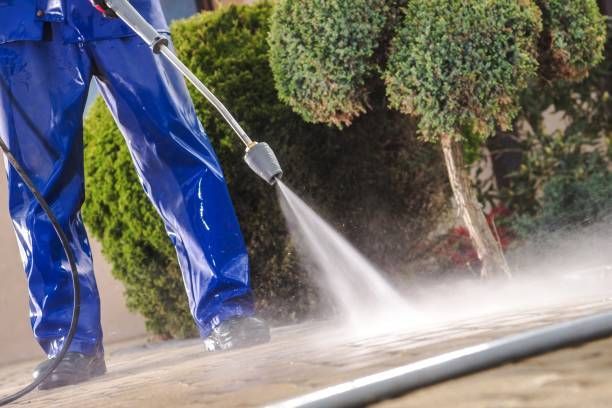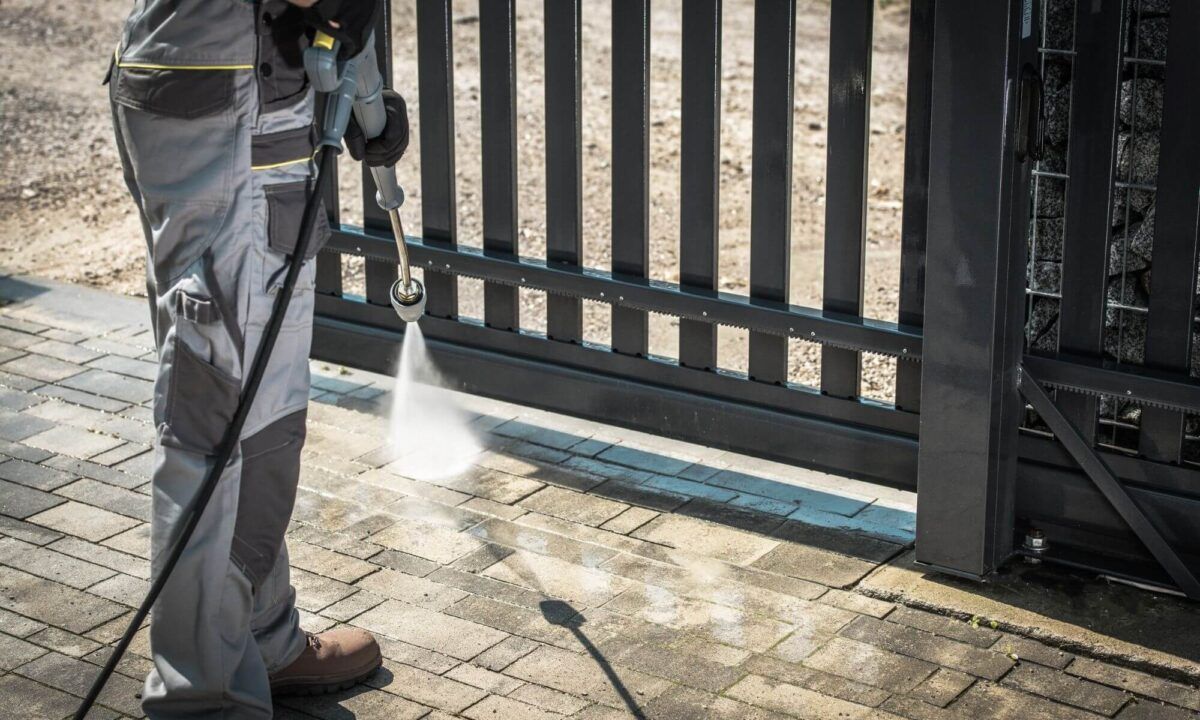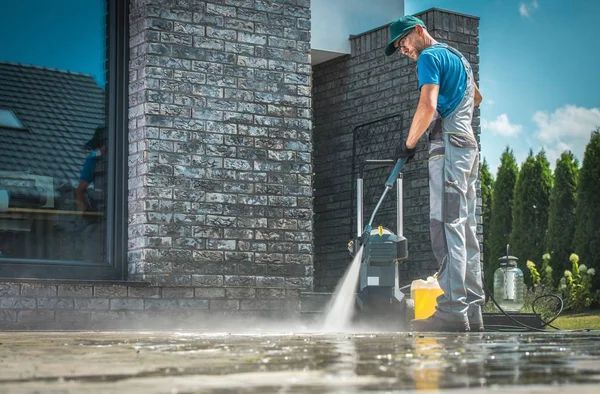Top 5 Pressure Washing Challenges in Florida
Solutions and Expert Tips
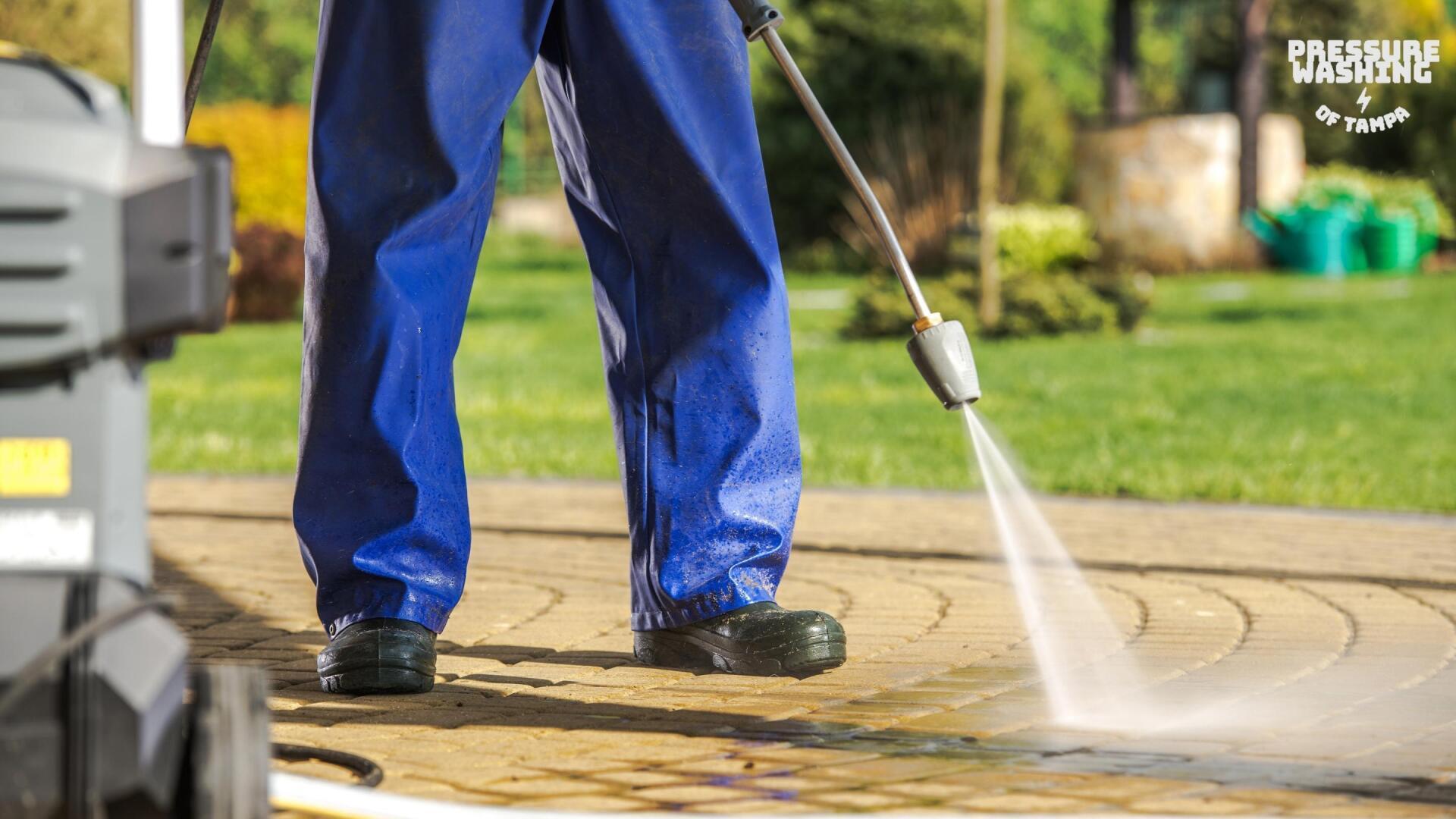
Pressure washing in Tampa is a highly effective method for cleaning and rejuvenating various surfaces, but it comes with its own set of challenges, especially in regions like Florida with unique environmental conditions. From combating stubborn stains to preserving delicate surfaces, understanding these challenges and employing expert solutions can help achieve outstanding results while ensuring the longevity of your property. In this article, we will explore the top five pressure washing challenges in Florida and provide expert tips to tackle them effectively.
Battling Stubborn Algae and Mold Growth
Florida's warm and humid climate creates the perfect environment for algae and mold to thrive on surfaces such as sidings, decks, and driveways. These unsightly growths not only diminish the aesthetics of your property but can also lead to potential health hazards if left untreated.
To combat stubborn algae and mold, it is essential to use the right cleaning solution. Opt for a mixture of water and a biodegradable cleaning agent or specialized algae and mold cleaner that is safe for the environment. Allow the solution to penetrate the affected areas before using a pressure washer at a medium pressure setting to gently remove the growth.
Dealing with Oil and Grease Stains
Oil and grease stains are common challenges, especially in areas like driveways and garages. These stains are not only tough to remove but can also be hazardous, leading to slippery surfaces and posing a threat to your safety. Pre-treat oil and grease stains with a degreaser or a mixture of baking soda and water. Allow the solution to sit for a few minutes to break down the stains before using a pressure washer at a high-pressure setting to rinse away the residue. For severe stains, use a hot water pressure washer. The high temperature helps dissolve and lift the grease effectively.
Safely Cleaning Delicate Surfaces
While pressure washing is an excellent cleaning method, it may not be suitable for delicate surfaces such as wood, painted surfaces, and certain types of siding. Using excessive pressure on these surfaces can cause damage, including stripping off paint or causing splintering in wood.
When dealing with delicate surfaces, consider using the soft washing technique. Soft washing utilizes low-pressure water combined with specialized cleaning solutions to achieve a gentle, yet effective, clean. Alternatively, reduce the pressure on the pressure washer significantly when cleaning delicate surfaces.
Removing Rust and Hard Water Stains
In Florida, properties near saltwater bodies are particularly susceptible to rust and hard water stains. These stains can be stubborn and diminish the appearance of surfaces like fences, railings, and outdoor fixtures. For rust removal, use a commercial rust remover specifically designed for the surface material. For hard water stains, mix equal parts white vinegar and water, apply it to the affected areas, and allow it to sit for a few minutes before pressure washing.
Preventing Water Intrusion into Buildings
One of the challenges of pressure washing is preventing water from seeping into buildings through windows, doors, or other openings. Water intrusion can cause damage to interior spaces and lead to mold growth and structural issues. When pressure washing near doors and windows, ensure they are tightly closed and well-sealed to prevent water entry. Use plastic or waterproof covers to protect vulnerable areas, especially when using high-pressure settings. Consider using a pressure washer with an adjustable pressure regulator to maintain lower pressure levels when working near building openings.
Contact us for more information and professional assistance.

All Rights Reserved | Pressure Washing of Tampa
